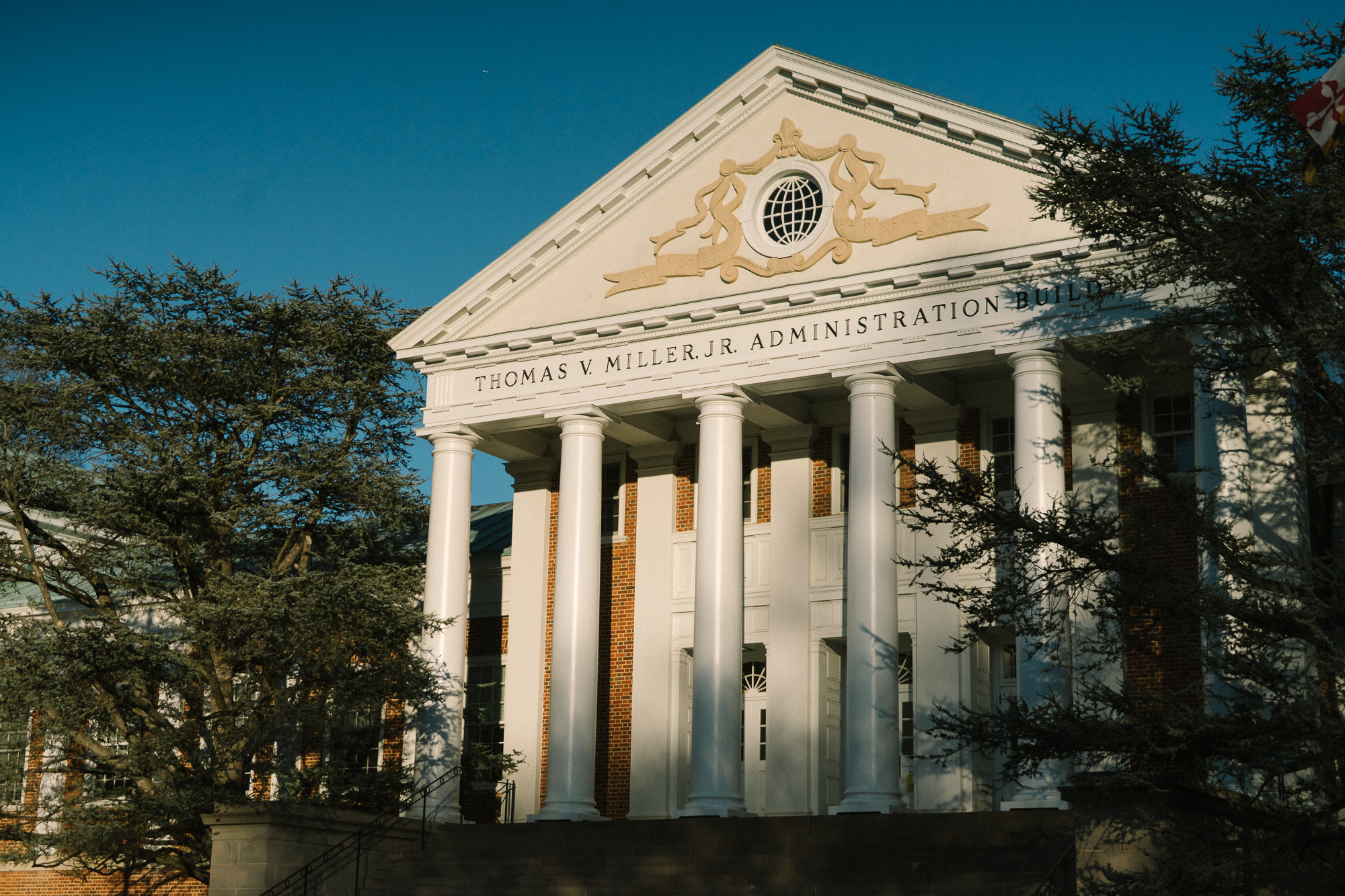Views expressed in opinion columns are the author’s own.
Most antisemitism I’ve experienced has been accidental. It’s been caused by ignorance, not malice.
Otherwise well-meaning people have bought into all sorts of inaccuracies about Jewish people, from financial tropes to Biblical misinformation. Generally, people are receptive to corrections, as nobody I’ve met at this university wants to be an unknowing contributor to the rising tides of campus antisemitism.
Still, 73 percent of Jewish college students surveyed by the Anti-Defamation League have experienced or witnessed some form of antisemitism since the beginning of this school year. Specific examples of this are abundant in the news and my mom never hesitates to send them to me.
Seeing this trend, this university established a task force on antisemitism and Islamophobia to understand the causes of these incidents and evaluate ways to prevent them. This group should see antisemitism on this campus as a product of misinformation, not hate. This understanding will allow it to recommend programming that’s accessible, helpful and effective for our community.
In order to combat antisemitism at this university, we need to both amplify Jewish voices and include all others. The task force can help accomplish this through recommending events and facilitating educational encounters with Jewish students.
Jewish people observe several holidays, many of which can go unnoticed. We utilize them as opportunities for cultural enrichment, holding them in public spaces and inviting all kinds of attendees. I do this as my fraternity’s Jewish involvement chair and it’s inspired many non-Jewish members to learn about our cultural practices and enjoy our food.
We invited Chabad, a cultural and social organization for Jewish students, to our house to fry donuts during Hanukkah and held a Passover seder last Sunday, each with Jewish and non-Jewish attendees.
The task force should recognize that events centering on celebrations, food and comedy would be instrumental in growing our cultural literacy. Passersby in public spaces on campus could enjoy our music and cuisine while meeting and learning from Jewish student leaders. This university has a dedicated course on Jewish influences in comedy, which could use some promotion.
Another one of the task force’s strategies should be to help the community understand what antisemitism can look like from a Jewish perspective, consulting community members about how to explain specific offensive tropes and historical events that shaped them.
Last semester, the words “Holocaust 2.0” appeared in chalk on Hornbake Plaza, referring to the ongoing war in Gaza. One of the university’s first moves was to restrict chalk.
Compare this university’s response to one from Maryland Hillel Rabbi Ari Israel, who told WJZ News how much it stung to see that word used to describe anything other than the atrocity that killed his great grandparents. Students who hear perspectives like this would learn why many Jewish people dislike when “Holocaust” is used as an analogy.
The task force should align their responses to incidents like these in ways that are compassionate and educational, not restrictive and divisive. More education on things such as the Holocaust will correct this ignorance. A 2020 survey from the Conference on Jewish Material Claims Against Germany found that two-thirds of Millennials and Gen Z in the United States did not know that six million Jews were killed during the Holocaust — it is still a necessary subject to cover.
Community members would also learn about other aspects of Jewish identity from varying student perspectives, like why some Jewish people identify as Zionists and others don’t. This distinction is personal and often misunderstood.
There are organizations that seek to provide this education on a personal scale. The Jewish Community Relations Council’s Student to Student program facilitates Jewish students’ conversation about these issues with non-Jewish students in order to humanize the religion.
This university’s task force should recommend a program like this to be held during required faculty, Resident Assistant and staff training. Reaching these groups first would help disseminate the lessons to the rest of the community.
This isn’t just applicable to antisemitism. One example is how Daryl Davis, a Black jazz pianist and author, has gotten hundreds of Ku Klux Klan members to give up their robes since the 1980s. He questions how someone can hate him if they don’t even know him. The answer is often just ignorance.
As a higher learning institution and space for productive dialogue and free expression, this university has a responsibility to answer division with conversation and ignorance with knowledge. This starts with the task force’s proposals, but it must continue with all of us.
Joey Barke is a junior government and politics and journalism major. He can be reached at joey@terpmail.umd.edu



